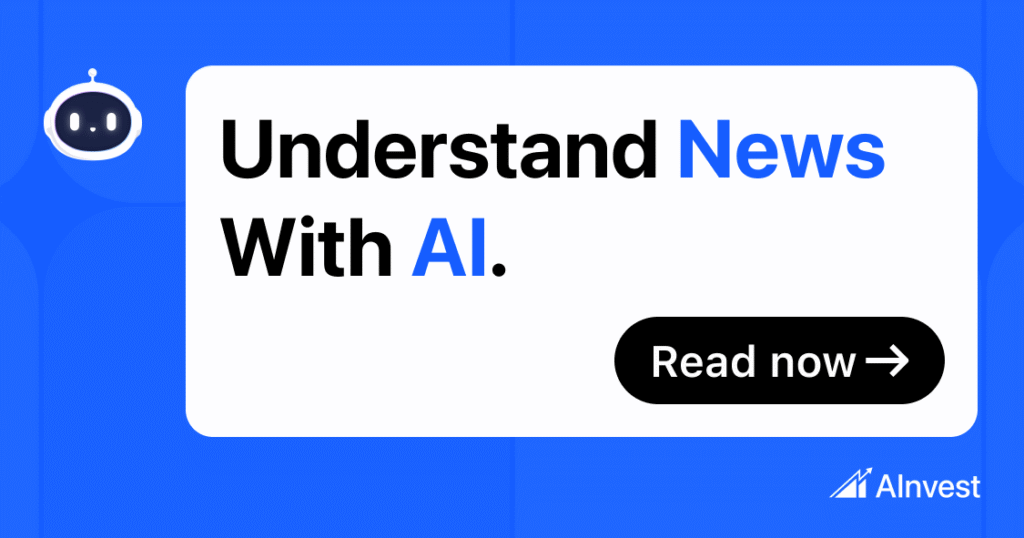In recent years, the demand for AI-powered tools among businesses has surged, signaling a significant shift toward automation and efficiency. One noteworthy development in this landscape comes from DeepL, the German startup known for its cutting-edge translation services. Valued at $2 billion, DeepL has launched DeepL Agent, a versatile AI tool designed to automate repetitive tasks across a broad range of functions. This development is not merely an extension of the company’s existing translation capabilities but represents a strategic pivot that aims to compete with giants like OpenAI, Microsoft, and Anthropic.
DeepL Agent is built to respond to natural language commands, thereby enhancing workflow efficiencies across various business operations. In line with recent findings from Comscore, which indicates that over 30% of U.S. internet users engage with AI tools monthly, DeepL is aiming to tap into this burgeoning market. Comscore’s analysis spans 117 different AI tools and platforms across diverse categories, capturing the extensive adoption of AI technology in both PC and mobile environments.
Understanding the strengths and weaknesses of different AI and automation tools is critical for SMB leaders and automation specialists aiming for effective implementation. DeepL Agent’s distinct capability lies in its versatility. Unlike specialized tools that focus on single functions, DeepL’s offering can be integrated into diverse workflows ranging from customer service to content creation. In a competitive analysis with existing automation platforms like Make and Zapier, it’s imperative to examine how these tools stack up against each other.
Make and Zapier are both excellent automation platforms but cater to somewhat different user needs. Zapier has a more robust legacy with an expansive library of integrations, making it ideal for businesses looking for straightforward automation between popular applications. However, Make stands out due to its visual interface that offers more complex automations and deeper customization options. Depending on the specific needs of a business, the choice between these two could significantly impact ROI. Companies focused on simpler automations may find Zapier to be more cost-effective, while those needing intricate task flows might choose Make, even at a higher upfront cost due to its advanced offerings.
Similar comparisons can be drawn when looking at DeepL Agent in relation to major AI players like OpenAI’s ChatGPT and Anthropic’s Claude. OpenAI is currently recognized for its powerful language models, and businesses can leverage ChatGPT for content generation, customer service interactions, and even programming assistance. However, its API usage can become expensive, especially for businesses that engage in high-volume tasks. On the other hand, Anthropic’s Claude offers a strong focus on safety and ethical considerations in AI, making it a good fit for businesses concerned about the implications of AI use in their operations.
DeepL Agent’s strength lies in its natural language processing capabilities, which may afford it a competitive edge over ChatGPT, particularly in relation to workflow integration. While ChatGPT excels in standalone tasks, DeepL’s ability to merge with existing workflows may present a more compelling option for organizations prioritizing seamless integration into their operations. Nevertheless, DeepL Agent will need to prove its adaptability and extensibility to ensure scalable solutions that meet the evolving needs of businesses.
The ROI from automation tools like DeepL Agent can be realized through increased efficiency, reduced labor costs, and enhanced productivity. Implementing a comprehensive solution that addresses myriad tasks can yield significant savings in both time and resources. As the AI ecosystem continues to evolve, the scalability of tools will become increasingly important. Businesses that select AI solutions capable of growing with their operational demands will find themselves better positioned to compete in their markets.
However, scaling automation initiatives also poses challenges. User training and change management are vital components for successful implementation. Companies must ensure that their workforce is equipped to interact with these new technologies. Making informed choices about which tools to adopt—and doing so strategically—will be critical for maximizing ROI.
In conclusion, DeepL’s foray into the broader AI spectrum with DeepL Agent signals an important shift toward more integrated solutions capable of addressing multiple functions. As businesses evaluate their automation and AI tool options, they must consider their unique requirements in respect to scalability, cost, and the potential return on investment. Firms that prioritize seamless integration and user adaptability stand to gain a competitive advantage in this rapidly evolving landscape.
FlowMind AI Insight: As AI continues to redefine operational efficiencies, organizations should remain agile in their approach to tool selection. By prioritizing integrated solutions that synchronize various functions, businesses can bolster their automation capabilities and enhance productivity in a rapidly changing market landscape.
Original article: Read here
2025-09-03 12:43:00

